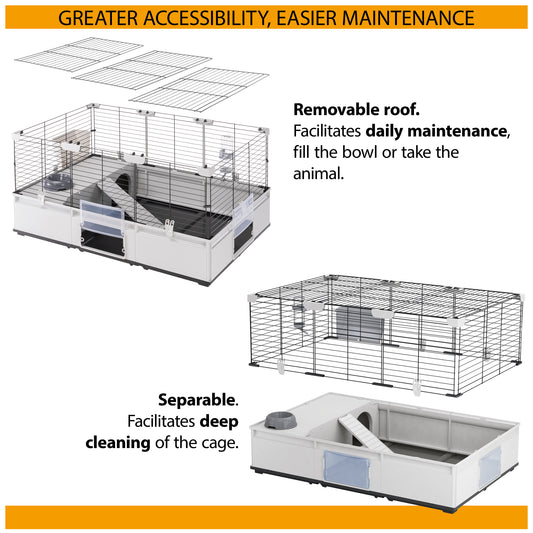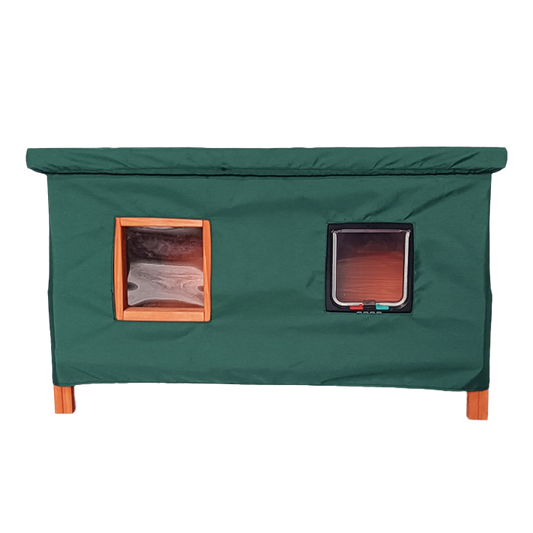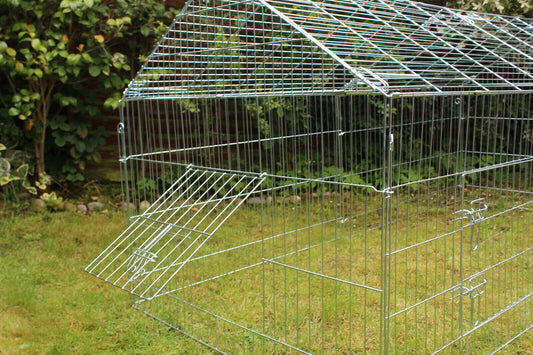‘Tis the season to be jolly, which could mean your home is busier than usual with the spreading of Christmas cheer. If your cat is not used to having lots of house guests it can be an unsettling time, so what can you do to help your pet experience festive comfort and joy, along with keeping them safe at Christmas?
Natural behaviour
Cats are naturally cautious when faced with the unknown so it is common for cats to become anxious when there are gatherings of unfamiliar people in the home. Keep to your cat’s normal routine around Christmas as much as possible, as this will help them to feel settled and content. Along with new people, there are other hidden dangers of Christmas to take into account as well.
If you have a nervous cat, you will probably notice that they disappear and hide when you have guests until all has gone quiet in the home once again.
Give your cat some space
Never try to force your cat to join in with social gatherings and respect their need for space. Before your guests arrive, make sure that your cat has a cosy place to escape to. Put their bed in a quiet, warm area of the house such as a bedroom and put all of their resources – food and water bowls, toys, scratching post and litter tray – all within easy reach. Advise your guests that the cat’s room is off limits so that they do not disturb your pet.
In the run-up to Christmas, try to avoid excessive cleaning (sorry house guests!) and moving furniture about as this can disrupt a cat’s scent marks around the home leading to increased anxiety and confusion.
Meet and greet
While cats are often thought of as solitary animals, they are actually social creatures and can enjoy the company of new people if they have been socialised adequately when young. A kitten that has a lot of human interaction with different people will be less fearful of social situations when it matures.
It is possible to gradually expose older cats to new situations to overcome fears, but this is not as easy to do and is often best tackled with the help of a qualified pet behaviourist.
The important thing to remember is to go at your pet’s pace and never push them into socialising.
Establish ground rules
Make sure all your house guests know how to behave around your cat, especially young children who might be tempted to chase or bother them while they are resting.
If your cat is an indoors only pet, make sure that your guests are aware of the importance of keeping doors and windows closed so that they can’t escape.
If your cat is particularly sensitive to noise, it might be wise to discourage guests from bringing things like party poppers, balloons or crackers.
Stress relief
If your cat is likely to get stressed by having new people in the house, try a feline pheromone diffuser or spray in the places they like to retreat to. These products are synthetic versions of natural scents given off by nursing cats to calm their kittens. Many owners have found success in calming nervous cats this way. If your pet is particularly struggling, speak to your vet to see what other options are available. Natural alternatives are also available.
Staying away
If you’ve been invited to spend Christmas away from home, don’t consider taking your cat with you as they are likely to find the situation incredibly stressful. Cats are territorial and are much happier staying in their own homes with a familiar face popping by to feed and check up on them - you can even give them some cat-safe Christmas leftovers! If this is not possible then they would be better off in a boarding cattery where staff will be experienced at putting cats at ease.









